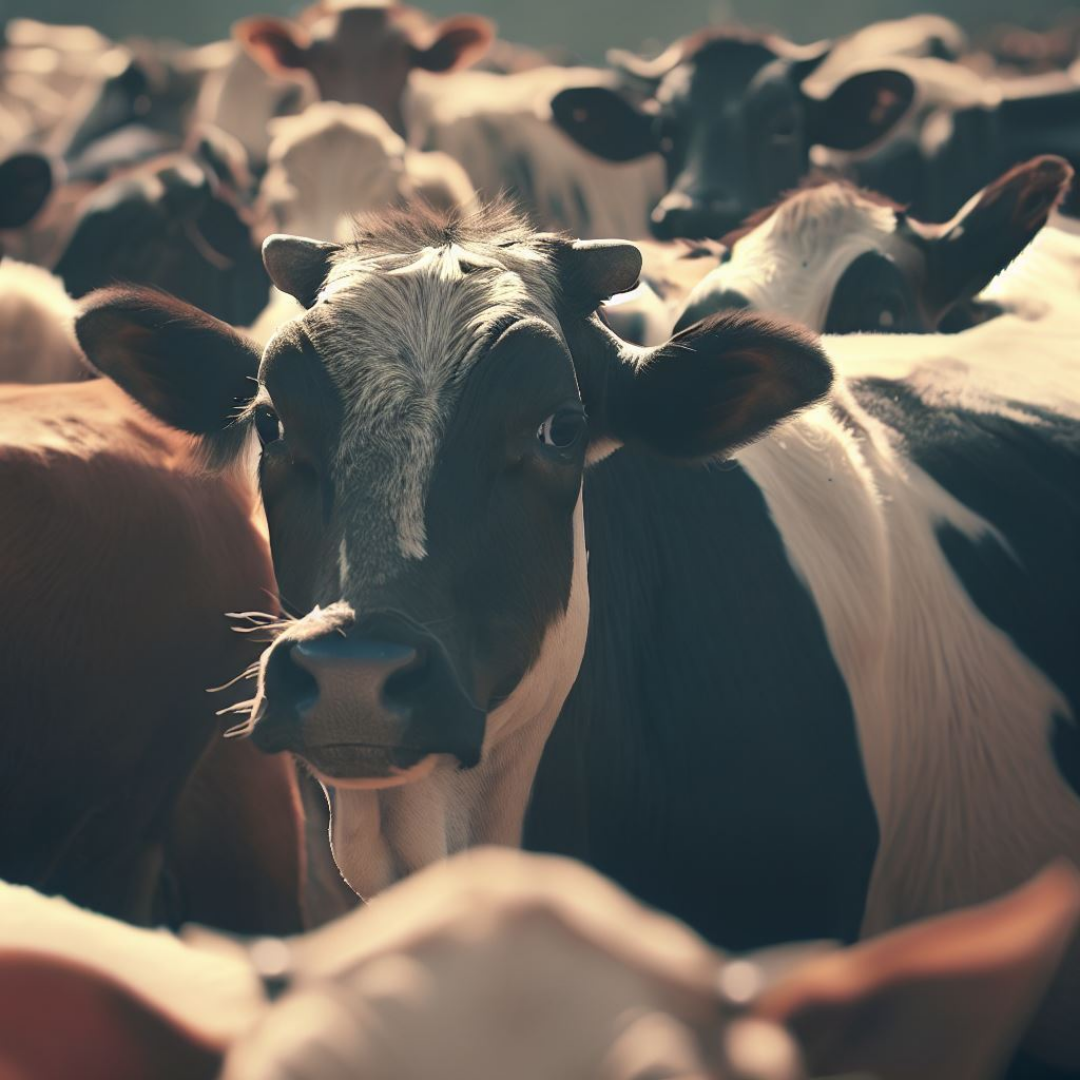Livestock farmers across Germany, Italy, Sweden and UK are adopting an innovative approach to milk & meat production by primarily feeding their cattle with grass instead of grains.

Livestock farmers across Germany, Italy, Sweden, and the UK are adopting an innovative approach to milk and meat production by primarily feeding their cattle with grass instead of grains. This shift not only offers potential environmental benefits but also addresses concerns related to long transport routes, deforestation, and genetic modification associated with grain-based diets.
A Greener Alternative: Grass-Fed Livestock
Traditionally, cattle are fed a mixture of grains, accelerating growth rates and subsequently reducing the cost of meat and milk production. However, this practice carries significant environmental and societal consequences. The new approach focuses on grass-based diets for cows, a method that promises more sustainable outcomes.
Environmental Impact of Grain Diets
Grains, often sourced from distant countries like Brazil, necessitate extensive transportation routes, leading to heightened maritime emissions. Furthermore, the cultivation of these crops contributes to deforestation, releasing stored carbon dioxide and causing biodiversity loss.
Additionally, the use of grains for animal feed diminishes global food supplies. The prevalence of genetically modified maize raises additional concerns for European consumers.
The PATHWAYS Project: Pioneering Sustainable Agriculture
Under the guidance of Laurence Smith, a former farmer now engaged in food-systems research, the EU-funded project PATHWAYS is promoting sustainable agricultural practices, including pasture-based farming.
This five-year initiative, set to conclude in August 2026, draws inspiration from UK beef producers who have transitioned to exclusively grass-fed cattle. These farmers have even introduced a special label to inform consumers about the production method’s health benefits, such as reduced fat content and higher vitamin levels.
Potential Advantages and Challenges
While the transition to 100% pasture-fed methods poses challenges, it holds promise as a sustainable system. German, Italian, and Swedish livestock farmers participating in the project are adopting grass-based diets for their cows, albeit with supplementary concentrates.
This approach offers additional environmental advantages, including the return of nutrients to the soil and the absorption of CO2 through agroforestry techniques.
Evaluating Economic Viability
The pivotal question remains whether grass-fed diets offer tangible benefits to farmers, ensuring its widespread adoption. In theory, this practice could enable farmers to sell their products at premium prices, increasing their earnings per kilogram of meat. However, consumer willingness to pay higher prices for the associated health, environmental, and local economic gains remains a crucial factor.
Collaborative Efforts for Sustainable Agriculture
PATHWAYS, comprising 31 partners from 12 countries, is collaborating with 15 groups of livestock farms to reduce their environmental footprint. This endeavor addresses not only dietary shifts but also emissions reduction, animal welfare, and waste management, reflecting a comprehensive approach to sustainable agriculture.
Pioneering Sustainability in Livestock Farming
The transition to grass-fed diets in European livestock farming represents a significant stride towards sustainable agriculture. By prioritizing environmental considerations and aligning with consumer preferences for healthier, eco-conscious products, this shift not only benefits farmers but also contributes to a more sustainable future for agriculture in Europe.